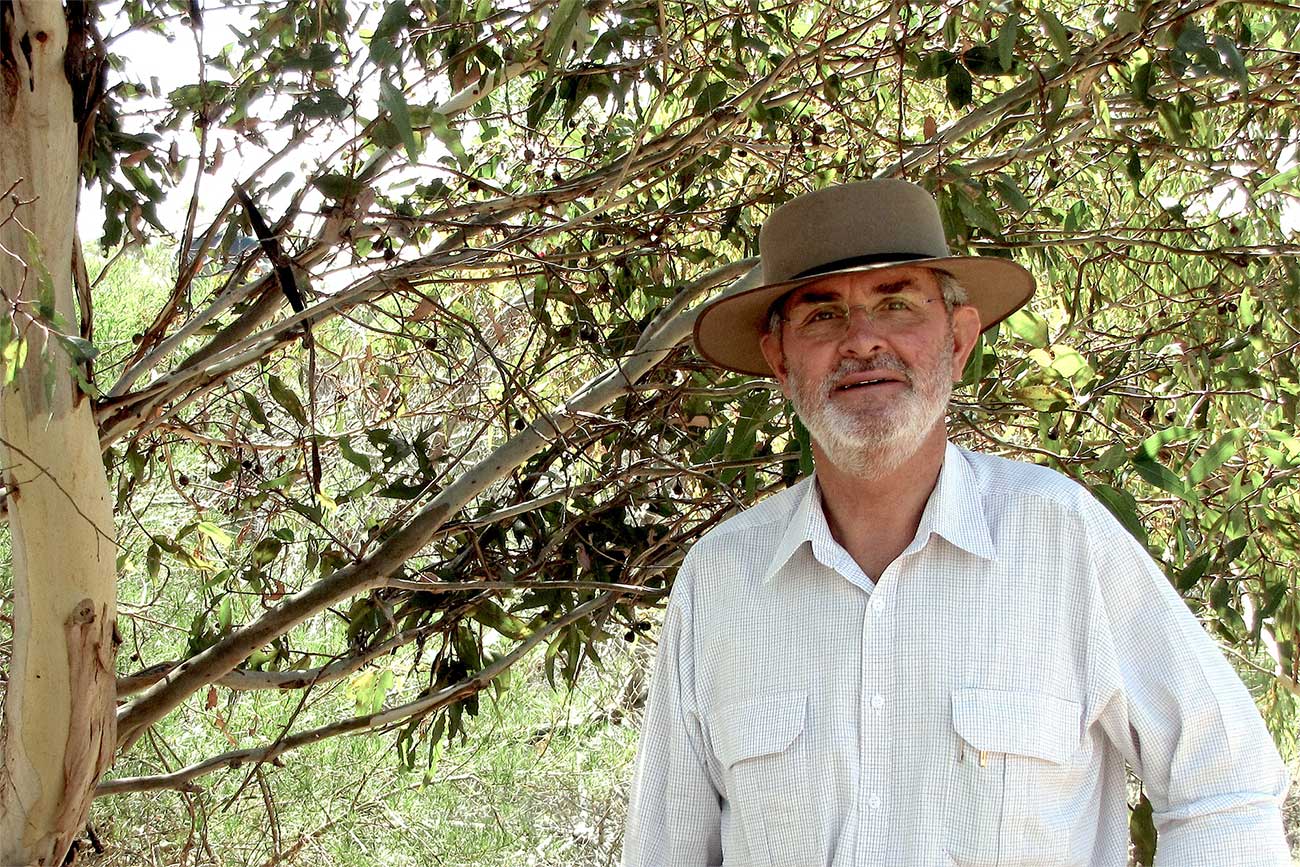
A national review of education delivery in regional, rural and remote areas will be led by Emeritus Professor John Halsey, from the School of Education.
The review, announced by Deputy Prime Minister and National Party Leader Barnaby Joyce and federal Education Minister Simon Birmingham, aims to ‘bridge the divide’ between education levels of regional and city students.
The Coalition Government is aiming to encourage more regional, rural and remote students to not just be successful at school but to go on to further study, training and employment.
Senator Birmingham said about one-third of country teens do not complete Year 12 and that regional and remote students made up just 18.8 per cent of entry-level university students.
The review would look at ways to encourage young people in regional areas to finish high school and go on to further study.
“This review will look at education from school entry to job success and how we can improve results for rural and regional people,” Senator Birmingham said.
“Approximately one-third of regional and remote students do not complete Year 12 or an equivalent unit of study and that number rises to almost two thirds of very remote students.
“We must drive and better set policy to encourage ambition among our country students.”
Senator Birmingham said the review would be led by Emeritus Professor John Halsey from Flinders University who been a teacher, principal of two schools and educational leader.
“His extensive knowledge and experience in rural and remote education and passion for the sustainability of rural schools and communities make him ideally suited to lead this review,” he said.
Professor Halsey, who helped establish a new Rural Master degree for principals in regional, rural and remote areas of Australia, says there are several avenues to develop.
They include using existing resources, including community participation, more pro-actively and engaging with other models such as philanthropic organisations such as the Origin Foundation.
Vibrant, productive rural communities are integral to the long-term sustainability of Australia,” Professor Halsey says.
“It is critical that people who live and work in rural and remote Australia have access to high quality, relevant and affordable education, training and care at all ages and stages of life.
“A deep understanding of Australia’s rural settings is also essential that people who live and work in urban contexts and provide policy advice to government (and others) and design and manage programs intended to benefit country people and communities.”
An expert in regional, rural and remote education, Professor Halsey started his career in teaching and was a principal at Ceduna Area School and The Heights School.
He has been the Associate Director of the Senior Secondary Assessment Board of South Australia, an Executive Director in the South Australian Department of Education and Children’s Services and a Chief of Staff to a State Minister for Education and Children’s Services.
Deputy Prime Minister Mr Joyce said the review was critical in addressing the key barriers and challenges that impact on the educational outcomes of regional, rural and remote students.
“The Coalition Government’s independent comprehensive review into equity of education access for rural and regional students will seek fresh ideas and fresh thinking to bridge the divide,” he said.
“There’s a clear disparity between education in the bush and the city — this seeks to address the gap of achievement, aspiration and access to higher education faced by regional students.
A discussion paper and online platform for public submissions will be available from April.
Professor John Halsey will present his final report and recommendations to the Government by the end of the year.
For more information on how to be involved please visit: https://www.education.gov.au/independent-review-regional-rural-and-remote-education

